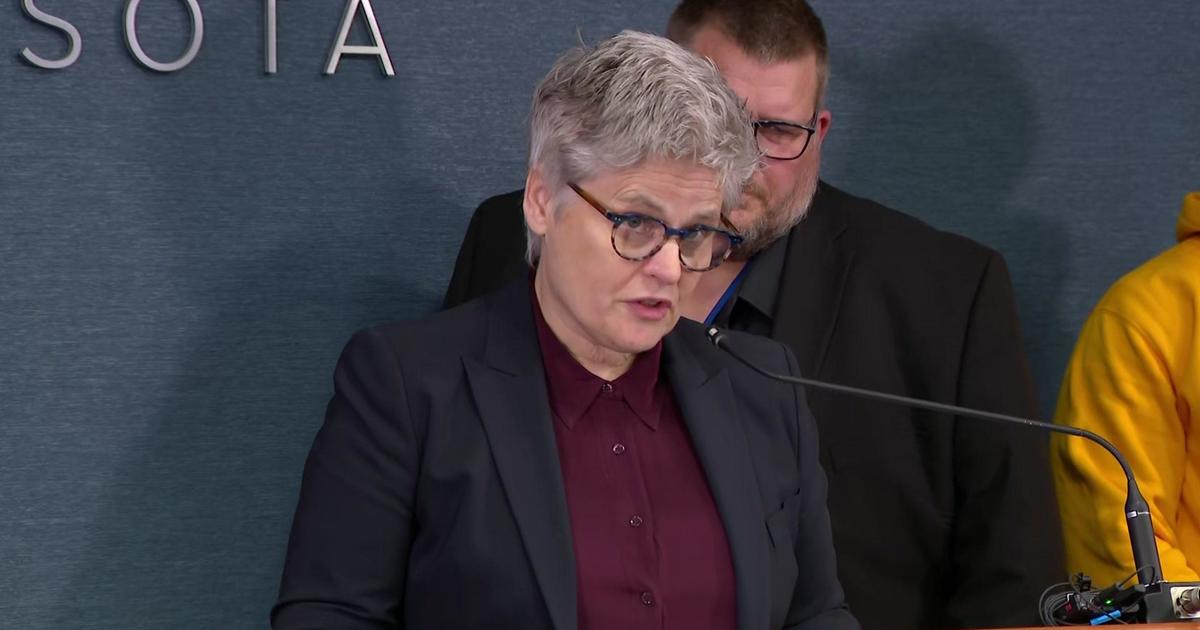Minnesota Property Seizure Bill Centers On Socioeconomic Equity
MINNEAPOLIS (AP) -- Proposed changes to Minnesota's property forfeiture laws received initial approval in a state House committee on Friday, advancing a bill that proponents say would be more equitable for low-income residents.
Civil asset forfeiture laws allow the government to seize money, vehicles and other property that authorities suspect were used in criminal activity, even if the owner is never formally charged with a crime. Proponents of the changes argue that the current laws hurt property owners who can't afford the litigation and fees to get their belongings back and add administrative burdens for law enforcement.
The bill, authored by Democratic Rep. Kelly Moller, of Shoreview, would raise the minimum threshold for money seized to $1,500 unless authorities have probable cause to believe the money was used in the sale of a controlled substance. It would also limit vehicle seizures to repeat drunken driving offenders while expanding use of ignition locking as a deterrent, and to vehicles used in transporting or selling controlled substances, not just possession.
The changes would also waive storage fees for vehicles and other filing fees to make it easier for individuals to retrieve their vehicles, and increase reporting requirements for law enforcement that seize property. The bill came together through negotiations among defense attorneys, prosecutors, justice advocates and law enforcement groups that began in 2019.
The House public safety committee on Friday approved the legislation 17-1 and sent it to its next committee stop.
State Auditor Julie Blaha, whose office oversees $40 billion in local government spending, testified that forfeitures under $1,500 in 2019 totaled $1.5 million, averaging $473 per seizure. That figure accounts for just 0.4% of local police and sheriff's budgets. That's not much money for a municipality, but it "could be catastrophic" for a low-income individual who loses a few hundred dollars, she said.
"Small forfeitures offer minimal financial benefit at the system level and a disproportionately negative impact on individuals at a lower level," Blaha told lawmakers. "So restricting small forfeitures will have big benefits with little cost."
The bill is one of several moving through the Democratic-controlled Minnesota House that addresses racial and economic inequities. The influence of the People of Color and Indigenous (POCI) Caucus has been growing in the chamber.
Lawmakers behind the push to legalize recreational marijuana also frame it as a racial equity issue. Other bills, for example, would restore voting rights for felons. Many face an uncertain fate in the Republican-controlled Minnesota Senate, where leaders have expressed the desire to avoid contentious issues and focus on passing a budget and addressing the pandemic.
(© Copyright 2021 The Associated Press. All Rights Reserved. This material may not be published, broadcast, rewritten or redistributed.)



